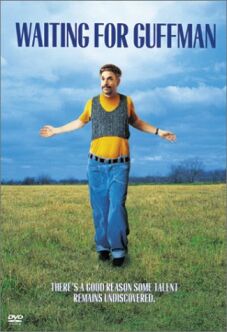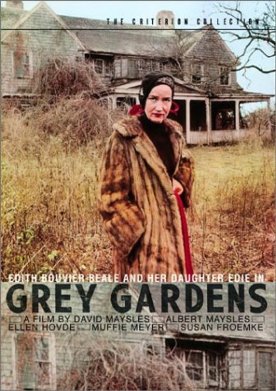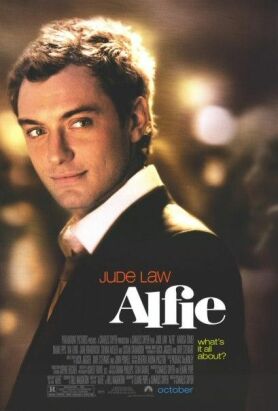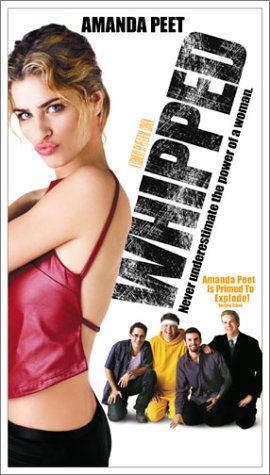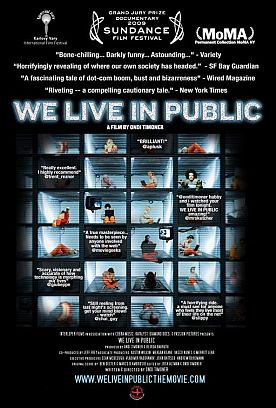Waiting for Guffman
Waiting for Guffman is the cheapest of cheap comedy. All it takes is our suspension of disbelief (easy in New York and L.A.) that the rubes in fly-over country could be as witless and unhip as they are presented as being here. Hip is our new class marker: snobbery on the basis of race or religion, money or manners or education — all this is verboten today, but snobbery on the basis of hipness, and in particular that gay sense of irony, is OK.
Yet the fact that it is cheap comedy doesn’t mean that it is not comic.
Co-written and directed by Christopher Guest, who also stars as Corky St. Clair, Guffman tells the story of a refugee from Broadway now living in Blaine, Missouri, “the stool capital of America,” where he is engaged to produce a musical pageant of the town’s history. The comedy (and it is considerable) depends on Corky’s extreme campiness, as well as his bad taste, being somehow invisible to the good burghers of Blaine, who all think that his hilariously awful musical, “Red, White and Blaine,” is just wonderful. Likewise, they are inclined to take the fact that no one in town has ever met or even seen his supposed wife, Bonnie, all of whose clothes he buys, as evidence that she does not give him enough support.
In other words, the shallow sophistication which is the birthright of every late twentieth century American with a television set, has unaccountably passed Blaine by. The credulousness and simplicity of the townsfolk is indicated by the fact that the three episodes dramatised in the town’s 150 year history are those of its founding by the pioneer Blaine Fabin, who convinces the party of California-bound settlers he is leading that Missouri is close enough to the ocean (it’s just at low tide), of President McKinley’s whistle-stop in the 1890s at which he was presented with one of the town’s now famous footstools, and of the visit, in 1946, of an alien spaceship. Blaine claims to have been the first American town so favored. The aliens probed at least one townsman, who has no feeling in his buttocks to this day, but they also invited everyone in town on board their spaceship for a pot-luck supper.
An attempt to save this farrago from being offensively patronizing comes with the introduction of the preposterous idea that a Broadway producer called Morty Guffman is flying out to Missouri to see the show, and, if he likes it, to put it on in New York. His plane is snowed in, but this little group of theatrical no-hopers can be despised and laughed at not just because they are so bad and so unhip but because of a heroic ambition so far in excess of their talents.
Also, the music (by Michael McKean, Harry Shearer and Mr Guest) is rather good pastiche of the Broadway musical style of the 40s and 50s, though the lyrics include such immortal lines as “Grab your lady by the arm/And take her out behind the barn” and a song for the alien entitled “Nothing Ever Happens on Mars” whose refrain is a monotonous repetition of the word “boring.”
But the best line comes in one of the documentary-style interviews which is meant to stitch the whole thing together. Corky, having given the leading role in the pageant to the local grease-monkey, Johnny Savage (Matt Keeslar), with whom he is clearly smitten, is stood up on the night of the show’s one and only performance because Johnny’s dad, down at the garage, says he has to work.”Then I hate your ass face!” screams Corky into the phone. But the town’s bachelor pharmacist, played by Michael Hitchcock, who has long admired Corky from afar, rejoices to the camera that Johnny hasn’t shown up — because it means that Corky himself has to play the leading man and show that he can act, sing and dance as well as direct. “There’s only one other person in the world who can do that,” says the starry-eyed pill-pusher. “And that’s Barbra Streisand.”
Discover more from James Bowman
Subscribe to get the latest posts to your email.

